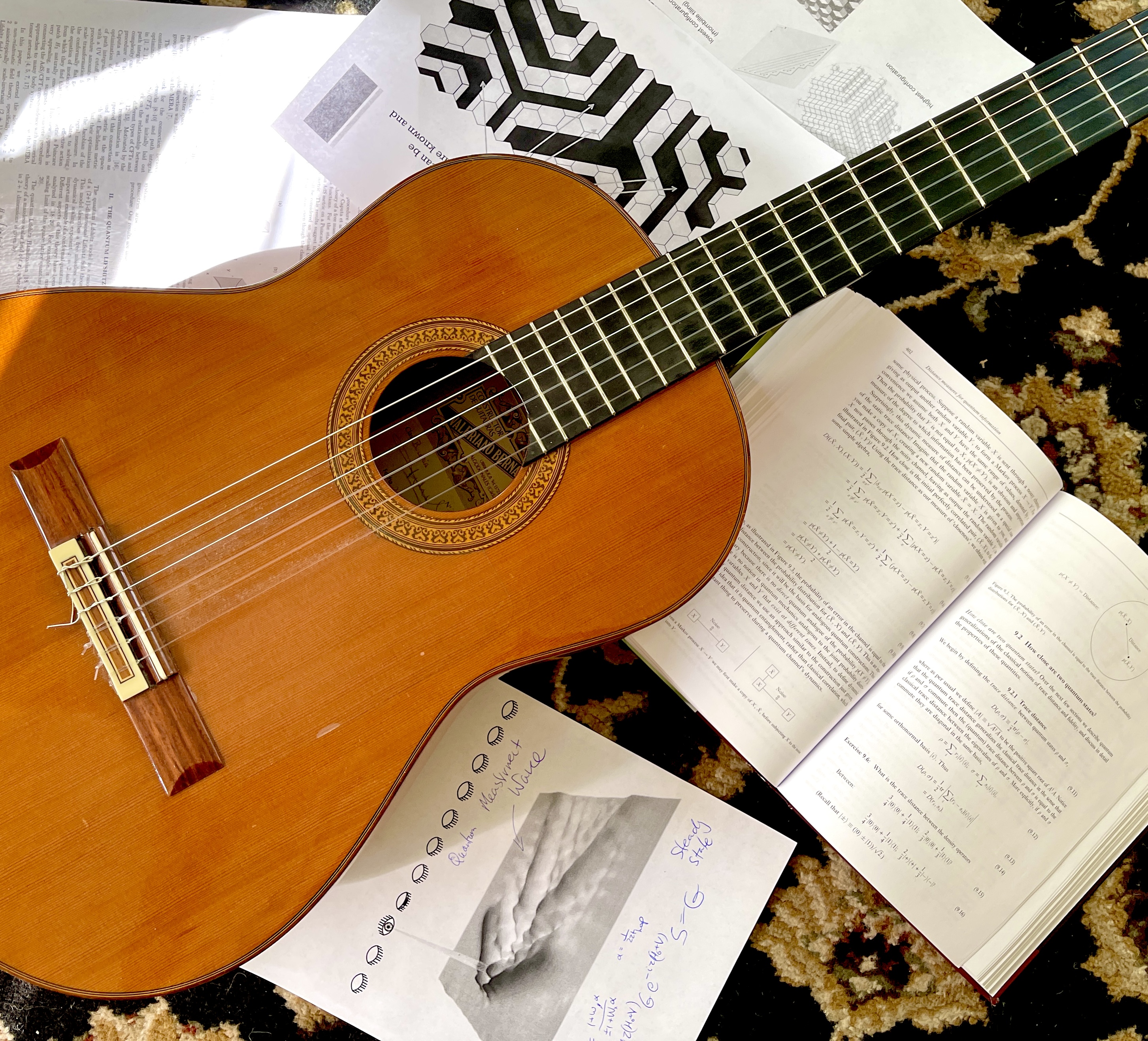
Instructor:
It is perhaps little known (certainly amongst physicists) that Vincenzo Galilei, father of Galileo Galilei, himself the father figure of physics and the scientific method, was an accomplished lute player and composer. Assisted by his son, Vincenzo Galilei, through elaborate experiments, developed one of the earliest physical theories of vibrations and acoustics, later much elaborated by 18th and 19th-century physicists. Vincenzo Galilei also authored "Della musica antica et della moderna", one of the first books on music theory. Thus, the lute, a 16th century ancestor of the modern guitar, has played a crucial role both in modern physics as well as in the development of music! In this class we will explore similarly fascinating connections between music and physics, both historical and conceptual. We will learn about the mathematics and physics of sound from its relation to planetary motion by the ancient Greeks to modern approaches, the production of sound and the psychoacoustic effects associated with it and about concepts of physics from synchronization to symmetry breaking and how they appear within music and explore how they can be creatively represented within music.
